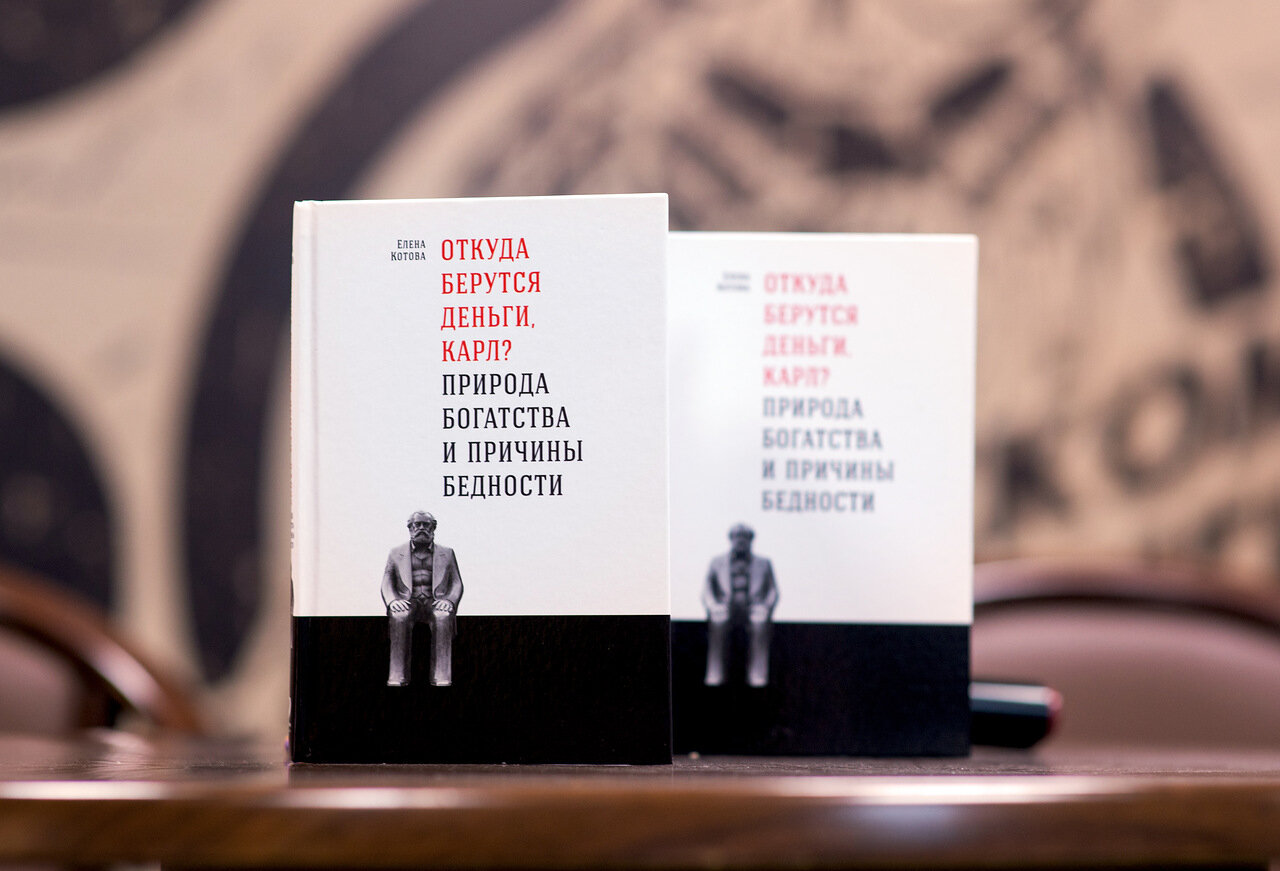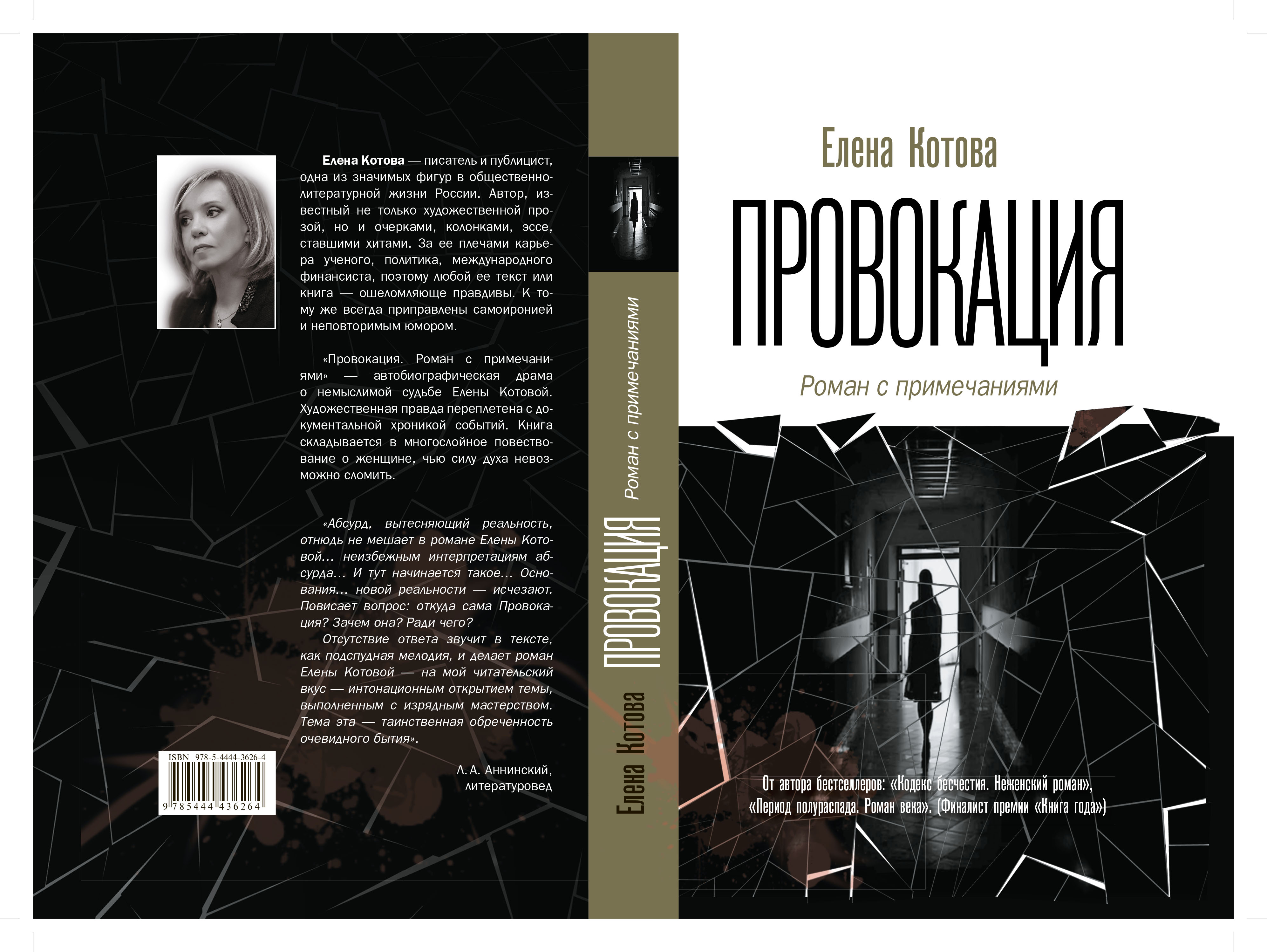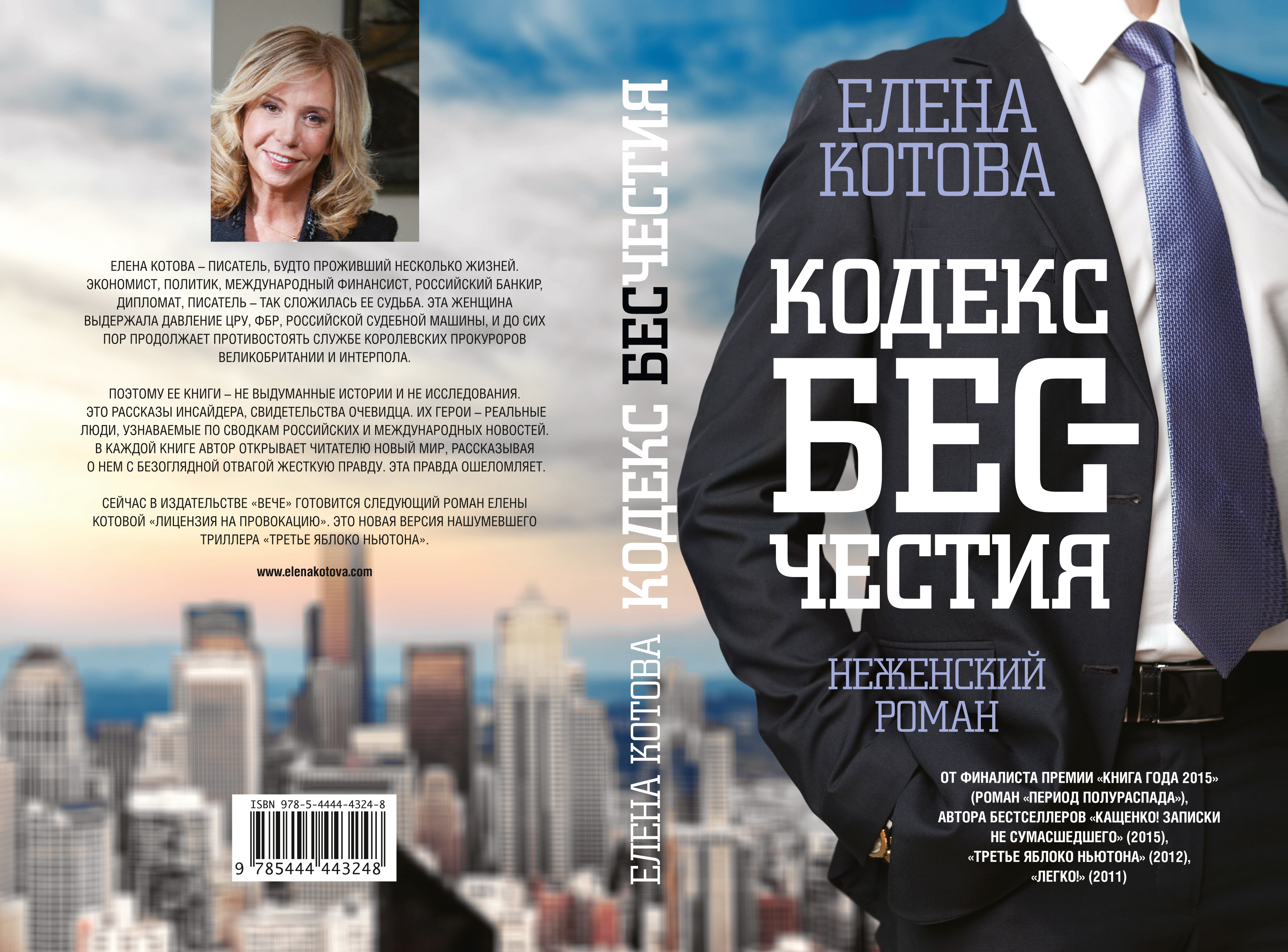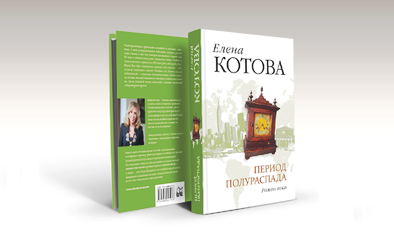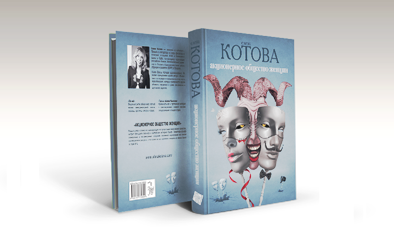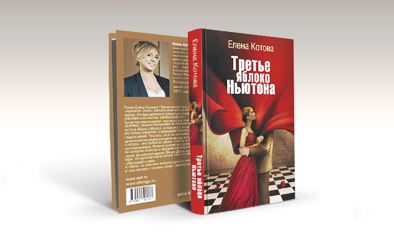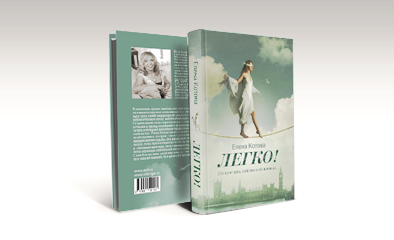Having created six fiction books, Elena Kotova changes her writing genre. Non-fiction, pop-science about economics and economic history. One of those rare books that provides life changing knowledge.
Where does the money come from? How is social wealth created? Does Russia have its own "special path"? The author answers these questions analyzing the most significant theories and the largest reforms of the 20th century, constantly comparing Western countries and Russia.
Elena Kotova begins her story about the path traversed by the West and Russia in the XX century, about the development of world economic laws analyzing the doctrine by Karl Marx. The most paradoxical statement of the author is: the iconic reformers of the 20th century - Stolypin, Witte, Roosevelt, the inventor of the "German miracle" Ludwig Erhard, the grocer’s daughter Thatcher - cleared the way for the laws discovered by Marx. Great theorists Keynes, Friedman, Samuelson, declaring their "anti-Marxism", used these laws to the fullest, believing that the latter had opened up to the world by themselves. And Marx became famous as the author of only one idea - the "dictatorship of the proletariat", which was taken up by the bloody dictators and demagogues of the 20th century. Meanwhile, by the middle of the 20th century, the leading countries had overcome both the "exploitation" and "oppression" that so resented Karl. And what's left? The laws remained - natural, which cannot be canceled. Elena Kotova explains the most complex economic matters in a simple and lively language, seasoned with a fair amount of humor.
The story of the theories and reforms of advanced countries now and then returns to Russia. The author explains the reasons for its backwardness, defects in the tax system, corruption, failure of “diversification and modernization”, fear of foreign investors. Nevertheless, - Kotova believes, - Russia is developing, albeit slowly and painfully, there are many examples of this in the book. It is precisely the “defect of thinking” that prevents one from moving faster. Aggressive arguments of a pair of millions of "intellectual and educated" do not lead to an agreement about where to move. And the rest of the people, who are not at all stupid and certainly not to blame for the fact that their mind and way of life have been crippled for centuries, have been discouraged to think what kind of country they’d like to have.
Elena Kotova declares: “Money is created either by the free labor of a free person, and then people themselves turn their state into a developed country. Or - by the labor of a person who gave up his freedom to the state for the sake of the illusion of justice and equality. Then the money is an order of magnitude less, and it goes not to people, but to the state. At the same time, the state can make atomic bombs and cruise missiles, but most people will still only survive, and the country will remain backward".
“There will be no money and no development in the country as long as traditional Russia lives with its myths of the past. There is no other way for it but to follow the way of the developed countries of the Atlantic".
"A person works either for profit or under threat of punishment".






